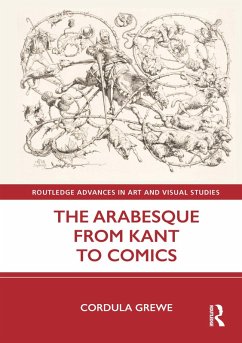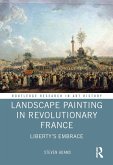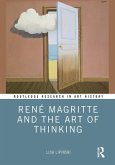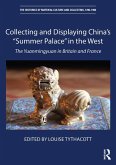Its explosive growth in popularity was followed by an inevitable taming as arabesques became staples in book illustration, poetry publications, and even the decoration of printed scores. The subversive potential of the arabesque was preserved in one of its most surprising offspring, the comic strip: born at the moment when the cholera pandemic first swept through Europe, the comic translated the arabesque's rank growth into unnerving lawlessness and sequences of contagious visual slapstick. Focusing roughly on the period between 1780 and 1880, this book illuminates the intersecting histories of avant-garde theories of writing, visual culture, and even the disciplinary origins of art history. In the process, it explores media history and intermediality, social networks and cultural transfer, as well as the rise of new and nontraditional art forms.
This book will be of particular interest to scholars of art history, intellectual history, European art, aesthetics, book illustration, material culture, reproduction, comics, and German history.
Dieser Download kann aus rechtlichen Gründen nur mit Rechnungsadresse in A, B, BG, CY, CZ, D, DK, EW, E, FIN, F, GR, HR, H, IRL, I, LT, L, LR, M, NL, PL, P, R, S, SLO, SK ausgeliefert werden.









